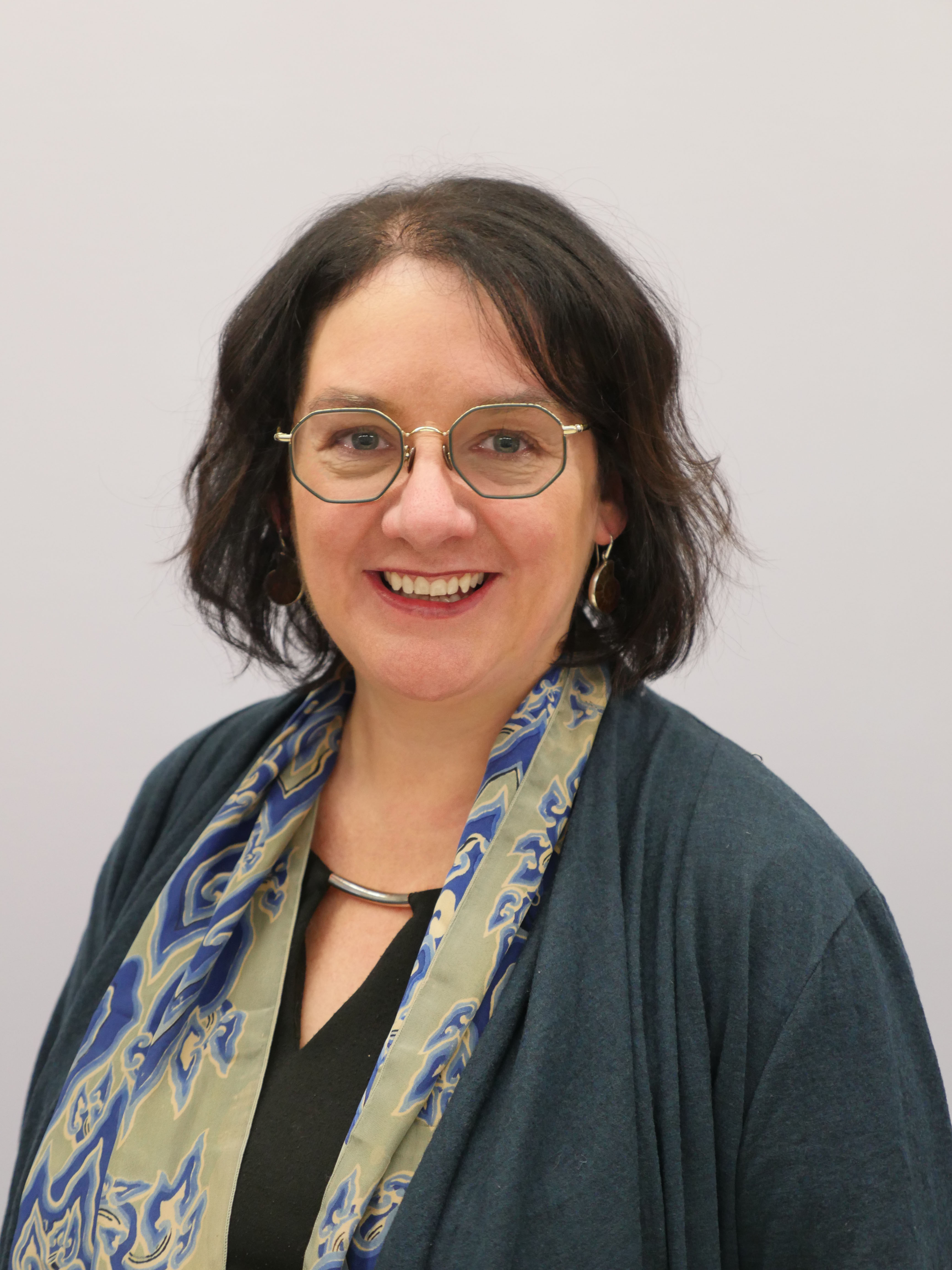Change to Improve Mental Health (CHIME) Translational Research Partnership

CHIME is a collaboration between Barwon Health and Deakin University focussed on reimagining and transforming regional mental healthcare.
CHIME's vision is to support delivery of improved mental health and wellbeing outcomes and experiences, support system transformation and drive continuous improvement in treatment, care and support for people experiencing mental illness and psychological distress.
A reimagined mental healthcare system requires putting lived experience voices at the centre of everything we do.
This means engaging people with lived experience to work in true and meaningful partnership with clinicians, researchers and policymakers in the design, delivery and evaluation of treatments and services, supported by an enhanced evidence-base and continuous learning. This is what CHIME calls a ‘Listening and Learning Mental Healthcare System’.
CHIME aims to generate an evidence base for better care and create a dynamic ecosystem in which novel treatments and services can be designed, trialled and evaluated. CHIME will leverage the unique characteristics of the Barwon region, working in trusted partnership with primary care and other services, to investigate, model and translate mental health research to continuously improve mental healthcare for regional communities.
CHIME aims to achieve:
- Better patient care and consumer, family and carer experience
- A more resilient and accessible mental health system
- Improved community well-being
- A culture of continuous improvement where staff feel valued and effective
To learn more about CHIME, including our current research and news, please head to chime.deakin.edu.au
Research Team
CHIME Directors
- Ms Renae Carolin, Director, CHIME
- Prof Peter Haddad, Academic and Clinical Director, CHIME
CHIME Champions
- Prof Steve Moylan, Clinical Director, Mental Health, Drugs and Alcohol Services Barwon Health and Clinical Professor with Deakin University School of Medicine
- Alfred Deakin Prof Anna Peeters, Professor of Epidemiology and Equity in Public Health and Director of the Institute for Health Transformation, Deakin University
- Mr Tony McManus, Development Manager for the Geelong Community Foundation
- Alfred Deakin Prof Michael Berk, Alfred Deakin Chair of Psychiatry, Deakin University and Barwon Health and Director of IMPACT
- Alfred Deakin Prof Rachel Huxley, Executive Dean, Faculty of Health, Deakin University
- Alfred Deakin Prof Alison Hutchinson, Chair in Nursing, Barwon Health
CHIME Researchers
- Dr James McLure, Barwon Health Senior Peer Support Worker and Lived Experience Engagement and Research Fellow
- Dr Tari Forrester Bowling, Research Fellow, School of Health and Social Development
- Ms Stephanie Bennetts, PhD Candidate
CHIME Expert Advisory Group
- Prof Steve Moylan (Chair)
- Alfred Deakin Prof Anna Peeters
- Alfred Deakin Prof Michael Berk
- Dr Harry Hill
- Prof David Ashbridge
- Dr Jo Flynn
- Prof Andy Nierenberg
- Prof Grant McArthur
- Ms Eileen McDonald
Research Grants
- Western Alliance - A Listening and Learning Healthcare System approach to improve outcomes for acute-care mental health consumers in the Barwon-Southwest Victoria Region. : 2021-2023
- MRFF - Evaluating the effectiveness of lifestyle therapy versus standard psychotherapy for reducing depression in adults with COVID-19 related distress: The CALM trial : 2020-2022
- Barwon Health - Incorporation of evidence-based restorative biophilic design elements in to Central MHAOD Community Hub: 2021-2023
- Joint BHDU Scholarship - Partnering with community to co-create mental healthcare practice reform regarding current restrictive practices in Barwon Health's Mental Health, Drugs and Alcohol Services (MHDAS).: 2021-2025
- Deakin Community Bank - Yoga as an Adjunct Therapy for the Treatment of Eating Disorders: 2022-2023
- Western Vic PHN - Data Linkage for Youth Suicide in the Barwon Region: 2022-2023
- Western Vic PHN – Exploring the barriers and enablers to mental health service integration in the Barwon region, 2023-2024
- Interim Regional Body for Mental Health and Wellbeing, Regional Audit, 2023
Support our research
Participate in a Clinical Trial
To find out about clinical trials currently underway at Barwon Health, click here.
Make a donation
Leave a bequest or fund an item on our research wish list through the Barwon Health Foundation. No matter what size, your philanthropic support will deliver an immediate impact. To donate, click here.
Last Modified: Friday, 22 September 2023
CHIME Directors
Ms Renae Carolin
Director, CHIME

Prof Peter Haddad
Academic and Clinical Director, CHIME

